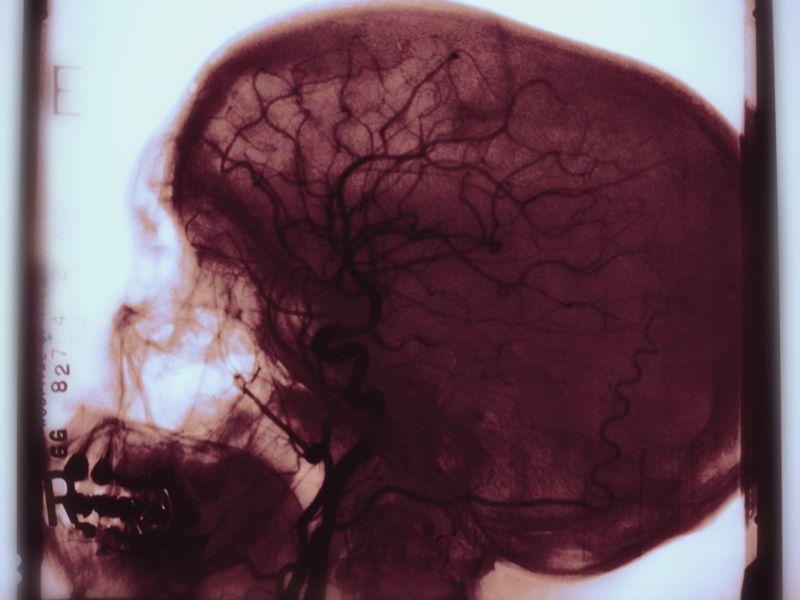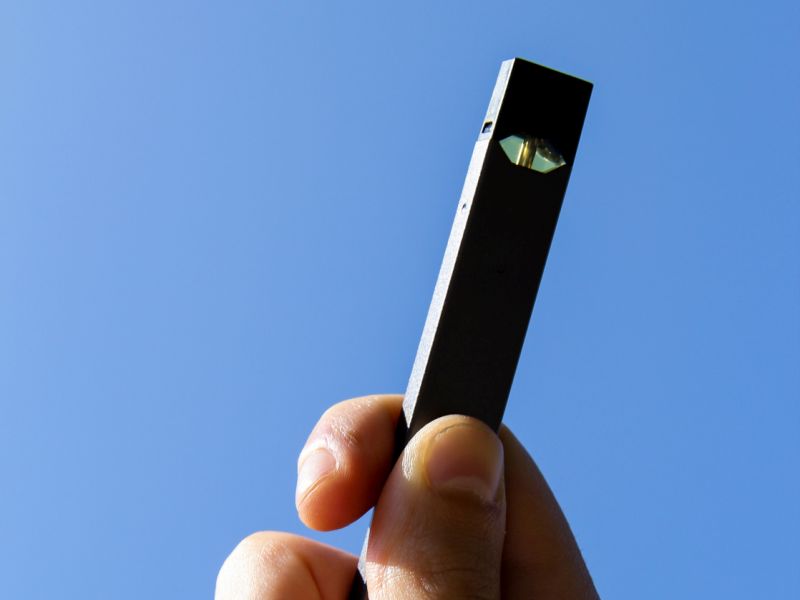
As abuse of injected heroin and other addictive opioids spreads throughout the United States, heart experts warn of a growing threat: strokes caused by infections contracted through dirty needles. “People need to be more aware that stroke can be a devastating complication of injecting opioids,” said the lead author of a new study, Dr. Setareh… read on >





























